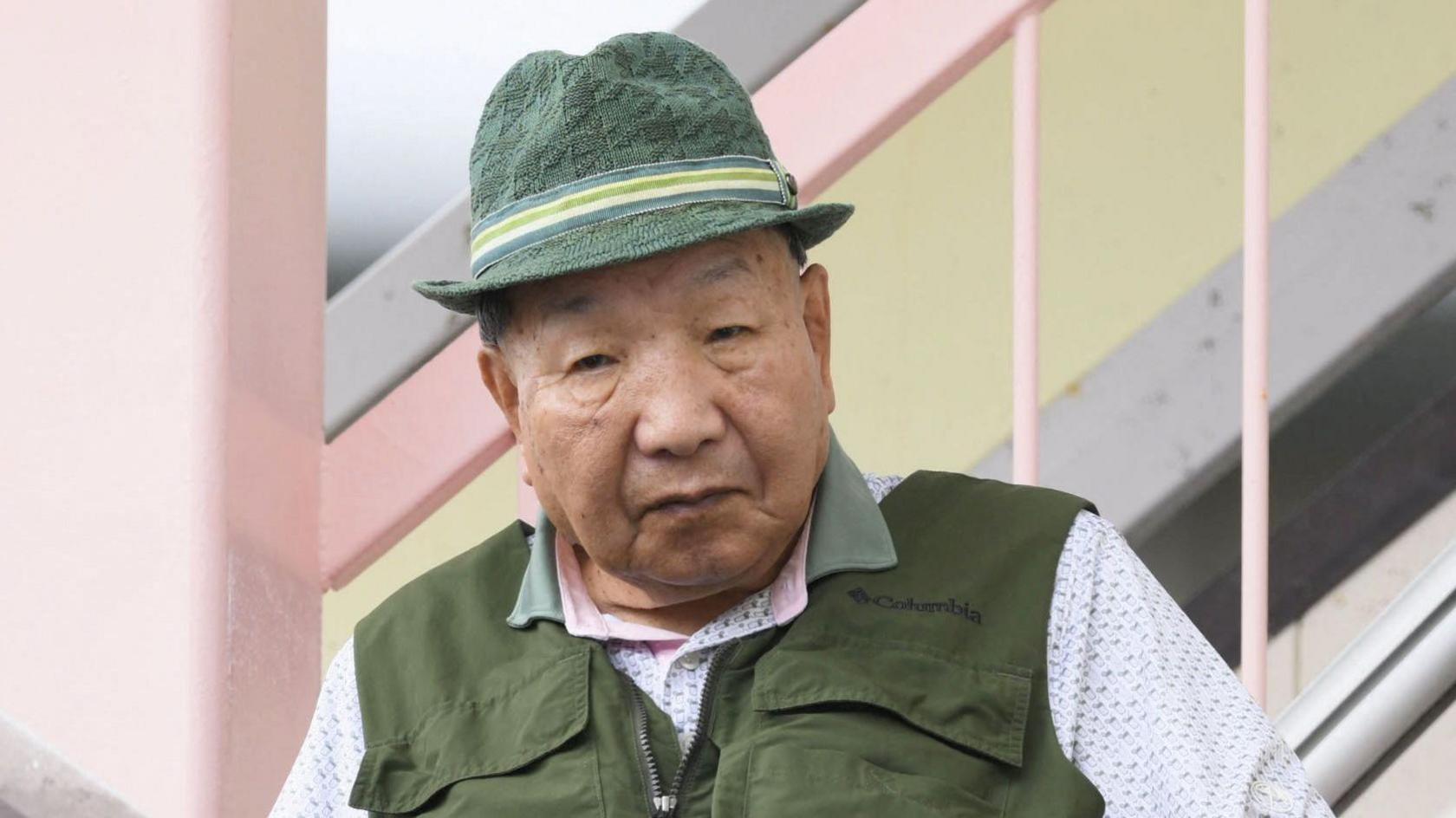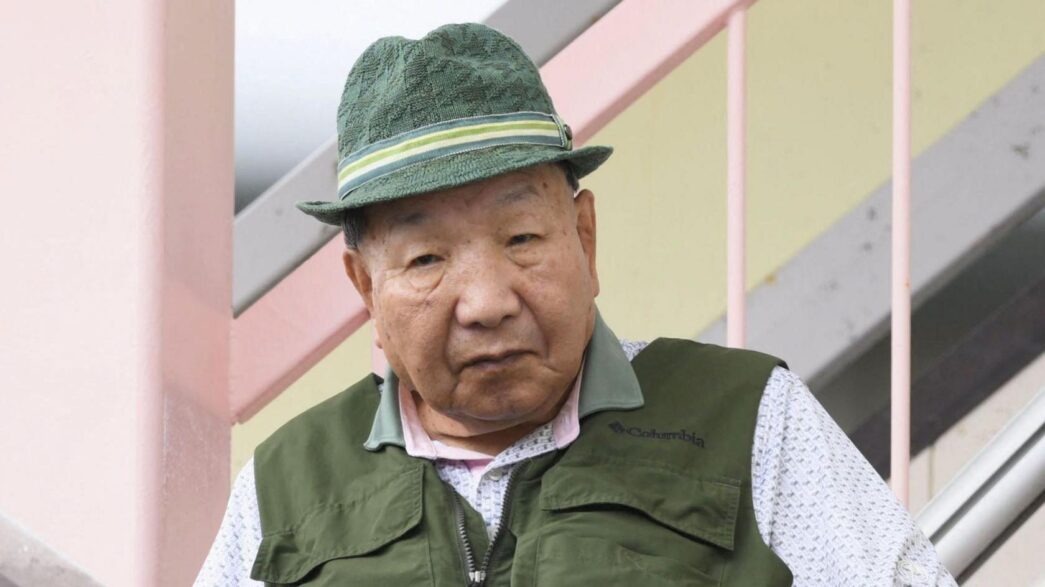Iwao Hakamada. Photo credit: BBC
A Japanese court has acquitted an 88-year-old man who is the world’s longest-serving death row inmate after it found that evidence used against him was fabricated.
Iwao Hakamada was found guilty in 1968 of killing his boss, the man’s wife and their two teenage children.
He was recently granted a retrial amid suspicions that investigators may have planted evidence that led to his conviction for quadruple murder.
Hakamada’s case is one of Japan’s longest and most famous legal sagas.
Advertisement
The case has attracted widespread public interest, with some 500 people lining up for seats in the courtroom in Shizuoka on Thursday.
In 1966, the former professional boxer was working at a miso processing plant when the bodies of his employer, the man’s wife, and their two children were discovered in the aftermath of a fire at their home in Shizuoka, west of Tokyo.
All four victims had been fatally stabbed.
Advertisement
Authorities accused Hakamada of murdering the family, starting the fire, and stealing 200,000 yen in cash.
‘COERCED’ CONFESSION
Initially, Hakamada denied any involvement in the robbery and killings. However, he later confessed — a statement he later described as coerced following lengthy interrogations and beatings that lasted up to 12 hours a day.
In 1968, Hakamada was convicted of murder and arson and sentenced to death.
Advertisement
Some bloodstained clothes found in a tank of miso shortly after the bodies were discovered were tendered in evidence during the decade-long trial. Those clothes were used to incriminate Hakamada.
For years, Hakamada’s lawyers argued that the DNA on the clothes found at the crime scene did not match his, suggesting that the clothes could belong to someone else.
They also raised concerns that the police may have tampered with evidence.
In 2014, Hiroaki Murayama, a judge, agreed, stating that “the clothes were not those of the defendant” and that continuing to detain Hakamada was unjust, given the strong possibility of his innocence.
Advertisement
Hakamada was released and granted a retrial.
MENTAL HEALTH AFFECTED
Advertisement
However, the retrial did not start until last year due to a lengthy legal process.
In a judgment delivered on Thursday, the court finally declared Hakamada innocent, ruling that prosecutors had fabricated key evidence.
Advertisement
Hakamada was absent during the court proceedings as decades of imprisonment, most of it in solitary confinement under the constant threat of execution, have severely impacted his mental health.
He has lived with Hideko, his 91-year-old sister, since his release in 2014.
Advertisement
Retrials for death row inmates are rare in Japan. Hakamada’s case is only the fifth of its kind since World War II.
Japan, along with the United States, is the only G7 country that still enforces capital punishment, with death row inmates receiving only a few hours notice before their execution.
Add a comment








